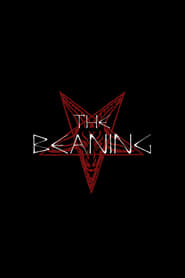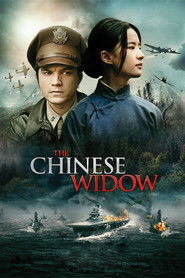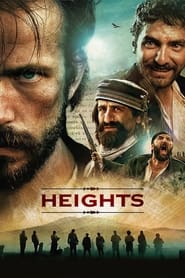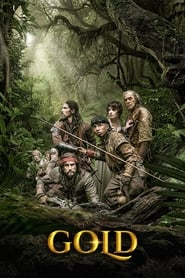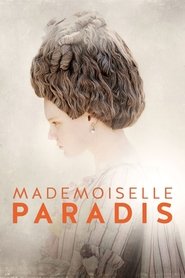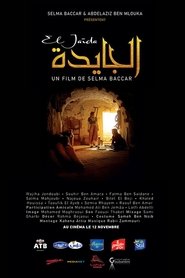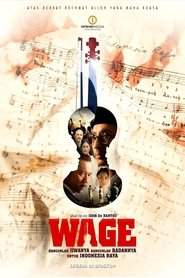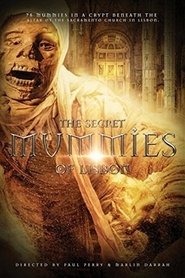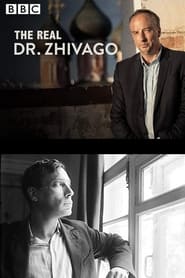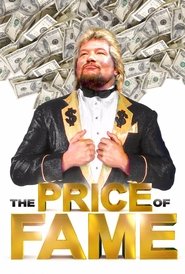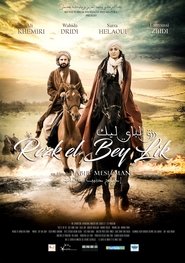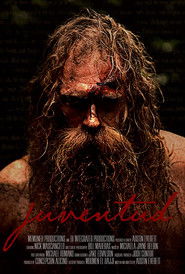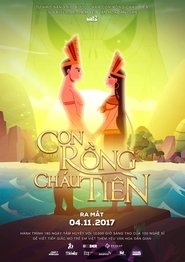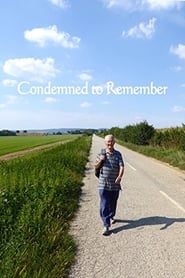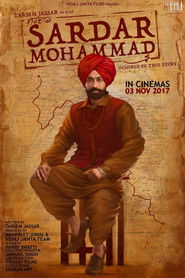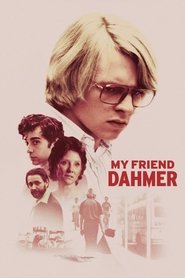New History Movies on Pantaflix - Page 301
-
Elizabeth Smart: Autobiography
2017
star 8.5"Elizabeth Smart: Autobiography," Smart explains her story in her own words and provides previously untold details about her infamous abduction and nine-month nightmare in the grasps of her cruel captors. Now 29 years old, she shares the perspective she gained through the ordeal and how she has moved past it to focus on marriage, motherhood and advocating for others. Smart's family, along with law enforcement involved with investigating the disappearance and eyewitnesses, reveal new information about the case and reflect on her remarkable recovery and perseverance. -
The Beaning
2017
The Beaning
2017
star 7.2An experimental documentary exploring a sinister theory surrounding the death of Cleveland baseball player Ray Chapman in 1920 and the subsequent rise of the Yankee dynasty. -
The Chinese Widow
2017
The Chinese Widow
2017
star 7.2It’s 1941 and the Japanese attack on Pearl Harbor has destroyed America’s morale. The US President Franklin D. Roosevelt then decides to risk it all by bombing Tokyo and raise more hope for his citizens. After completing its mission, a unit of the US Air Force is forced to make an emergency landing in China. Its commander Jack Turner (Emilie Hirsch) barely survives but gets rescued by Ying (Crystal Liu), a local widow who will stop at nothing to hide him from the Japanese occupant. -
Okkadu Migiladu
2017
Okkadu Migiladu
2017
'Okkadu Migiladu' is the story of displaced Sri Lankan Tamilians who find themselves stuck with the tag of 'refugees' all their lives. The mistreatment they face both in India and Sri Lanka, with either country refusing to accept them as their own, forms the crux of the story. -
Heights
2017
Heights
2017
star 7.6One of the most ambitious Bulgarian projects in recent years, Heights is an adaptation of Milen Ruskov's novel of the same name, published in 2011. The film explores the Bulgarian realities of the 1870s a few years before the war, that would liberate the country from the Ottoman occupation. Directed by Victor Bojinov and adapted by Neli Dimitrova, the story follows Gicho a young man in a revolutionary group led by Dimitar Obshti, a real-life revolutionary fighting against the Turks. After a successful train robbery Obshti entrust Gicho with a special mission: to deliver a letter to Vasil Levski, the country's most famous freedom fighter, now considered hero and dubbed The Apostle of Freedom. -
Gold
2017
Gold
2017
star 5.6Spanish soldiers battle indigenous tribes and their own brutal natures as they search for a legendary city built of gold. -
Mademoiselle Paradis
2017
Mademoiselle Paradis
2017
star 5.618th century Vienna. Maria Theresia von Paradis, a gifted piano player and close friend of Mozart's, lost her eye-sight as a child. Desperate to cure their talented daughter, the Paradis entrust Maria to Dr. Mesmer, a forward-thinking-physician who gives her the care and attention that she requires. With the doctor's innovative techniques of magnetism, Maria slowly recovers her sight. But this miracle comes at a price as the woman progressively starts to lose her gift for music. -
Kazakhstan. Golden Warrior
2017
Dars Films is happy to introduce a new project – “Legends of the Golden Warrior”, which was filmed during July – September 2017 in Kazakhstan. We have produced English and Russian versions for TV commercial (30 sec), short film (2 min) and TV documentary (23 minutes). Later on, TV commercial and the short film was produced in the Kazakh language as well. Legends of the Golden Warrior (30 sec and 2 min) were broadcasted on BBC World News, Euronews and National TV channels in Russia and Kazakhstan. -
El Jaïda
2017
El Jaïda
2017
Four women meet at Dar Joued on the eve of Independence. With different ages and social conditions, they are condemned to live together under the authority and injustice of their jailer: "El Jaida". They will share memories of the outside world, joy, emotions and distress of their daily lives. -
Wage
2017
Wage
2017
star 6A biopic of Wage Rudolf Soepratman, the composer of Indonesia Raya, from his earlier life into series of events that lead to his beautiful masterpiece. -
The Secret Mummies of Lisbon
2017
At the request of the Catholic Church in Lisbon, members of the Royal Archeology and Historical Association (RAHA) of Portugal excavate 78 mummies in a crypt beneath the altar of the Sacramento Church in Lisbon. In the course of excavation the researchers find handwritten books indicating there is a large amount of treasure buried - somewhere - near the mummy crypt. -
The Real Doctor Zhivago
2017
Dr. Zhivago is one of the best-known love stories of the 20th century, but the setting of the book also made it famous. It is a tale of passion and fear, set against a backdrop of revolution and violence. The film is what most people remember, but the story of the writing of the book has more twists, intrigue and bravery than many a Hollywood blockbuster. In this documentary, Stephen Smith traces the revolutionary beginnings of this bestseller, to it becoming a pawn of the CIA at the height of the Cold War. -
The Price of Fame
2017
The Price of Fame
2017
star 7Ted DiBiase Jr. takes a journey through pro-wrestlings past to tell the faith-based story of his father's rise, fall and redemption. -
Rezk El-Bey Lik
2017
Rezk El-Bey Lik
2017
Three officers sent by the Bey, arrives to a farming village to collect taxes. The villagers initiate the payoff sharing their goods but the bey's messengers persist in humiliating them, infringing their dignity and honor, which triggered contestations. -
Juventud
2017
Juventud
2017
After a life long journey, a lone conquistador inches closer to his mythical destination within the South American jungle. -
Con Rồng Cháu Tiên
2017
Con Rồng Cháu Tiên
2017
-
One Hundred Years with Juan Rulfo
2017
This documentary explores key moments in the life of writer Juan Rulfo, with artists such as Werner Herzog and Eduardo Galeano reflecting on his work. -
Condemned To Remember
2017
Documentary about the life of Tomi Reichental, a Holocause survivor living in Ireland. -
Sardar Mohammad
2017
Sardar Mohammad
2017
star 10Set during the India-Pakistan partition, the story of Sardar Mohammad revolves around an infant who is saved by an Indian Sikh police officer. -
My Friend Dahmer
2017
My Friend Dahmer
2017
star 6.5Jeffrey Dahmer struggles with a difficult family life as a young boy. During his teenage years he slowly transforms, edging closer to the serial killer he was to become.
 Netflix
Netflix
 Amazon Prime Video
Amazon Prime Video
 Apple iTunes
Apple iTunes
 Apple TV Plus
Apple TV Plus
 Disney Plus
Disney Plus
 Google Play Movies
Google Play Movies
 Paramount Plus
Paramount Plus
 Hulu
Hulu
 HBO Max
HBO Max
 YouTube
YouTube
 fuboTV
fuboTV
 Peacock
Peacock
 Peacock Premium
Peacock Premium
 Amazon Video
Amazon Video
 The Roku Channel
The Roku Channel
 AMC+
AMC+
 Kocowa
Kocowa
 Hoopla
Hoopla
 The CW
The CW
 Vudu
Vudu
 Starz
Starz
 Showtime
Showtime
 PBS
PBS
 Pantaflix
Pantaflix
 FXNow
FXNow
 Tubi TV
Tubi TV
 Kanopy
Kanopy
 Comedy Central
Comedy Central
 Crunchyroll
Crunchyroll
 Microsoft Store
Microsoft Store
 Redbox
Redbox
 Sun Nxt
Sun Nxt
 ABC
ABC
 DIRECTV
DIRECTV
 Crackle
Crackle
 Fandor
Fandor
 Plex
Plex

